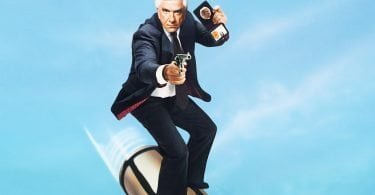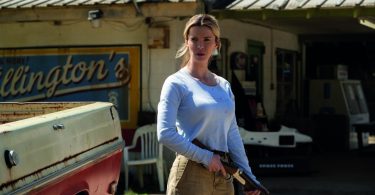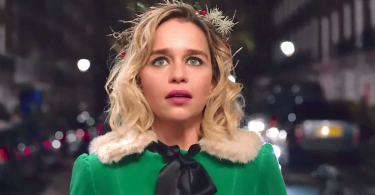This much I thought I knew: some works of art are beyond ruin and nothing can be too bad when accompanied by a glass of red wine.
This much I thought I knew: some works of art are beyond ruin and nothing can be too bad when accompanied by a glass of red wine. By the time I finished watching Joe Wright’s version of Anna Karenina both certainties had been lost.
In a move which must surely have poor Tolstoy filling up his own coffin with tears, this dire adaptation manages to transform one of the greatest works of literature into a clumsy pantomime. Attempts to include a post-modern commentary on acting and being an actor are shoehorned in via repeated montages of a theatre setting. Whilst this could have been an interesting and, yes, clever addition, the devise becomes labored and, by the time the characters sit in a theatre to watch a horse race, monotonous and like a budget-saving devise to cut down on too many different settings.
The most acute failing of the film lies with Count Vronsky. From the first encounter he is repugnant, the word ‘cad’ personified in double-breasted white. A sprightly, detestable unicorn crossbred with Mr. Tumnus, the idea of anyone, let along Keira Knightly, leaving her husband for him is absurd. He is also exceptionally camp, which would be fine were he not cast as the love interest of the main female character.
And the main character she is. Levin, and his own story involving Kitty and traumas of conscience over Mother Russia are sidelined. This alters the shape of the tale considerably, as the two characters’ stories are meant to be continually compared to one another. Admittedly, making a film of such a massive novel is never going to be easy, yet here major moments in the plot are condensed to one sentence. Part of what makes Tolstoy’s work a masterpiece is that it is horrendously convoluted and this is what makes it so accurately human, not a fairy tale.
Despite its shortened length, it is still hard to keep attentive. The whole thing is, like Aaron Taylor-Johnson’s chest, underdeveloped. Attempts to pad it out and provide atmosphere amount to blasts of ‘Russian’ oom pah pah music and the Sweeny Todding of office workers simultaneously banging their rubber hand stamps down. The very worst inclusion of the buro-bourgeois choir is when they intrude into the end of what should be the most dramatic scene – when Karenin suggests divorce – which all the subtlety of a child in a saucepan cupboard.
Comedy moustaches repeatedly spring up like unfortunate flowers and Dolly is a dork entirely unlikely to have been picked to marry her pantomime villain of a husband. By the time Levin, looking like an extra from a Kings of Leon tribute band, proposes for the second time and is, like all doggedly boring and conservative males, accepted, the urge to join Anna on the morphine is becoming too much.
Each time Vronsky makes an appearance I inadvertently twitch away from the screen. I have no idea why he suddenly kicks out his leg like a frog-marching John Cleese (maybe he has some kind of a tick) or why when he says ‘this is undesirable’ he sounds like he might be describing a fleabite. All of his kisses and ‘I love you’ s are like the fake ones cads always deliver. It is testament to Keira Knightly’s acting that she is able to behave quite exquisitely at times, despite acting opposite a comedy of errors.
When Anna has been dispensed under a train – or kind of along side a train in this instance – the final shots of Levin and prissy Kitty remind me overtly of Ford Madox Brown’s most disgusting painting, ‘Pretty Baa Lambs’. As with the painting, the lightening is intensified to a nauseating degree and the ruddy cheeks of the rural characters make the viewer yearn for a dirty London pub.








